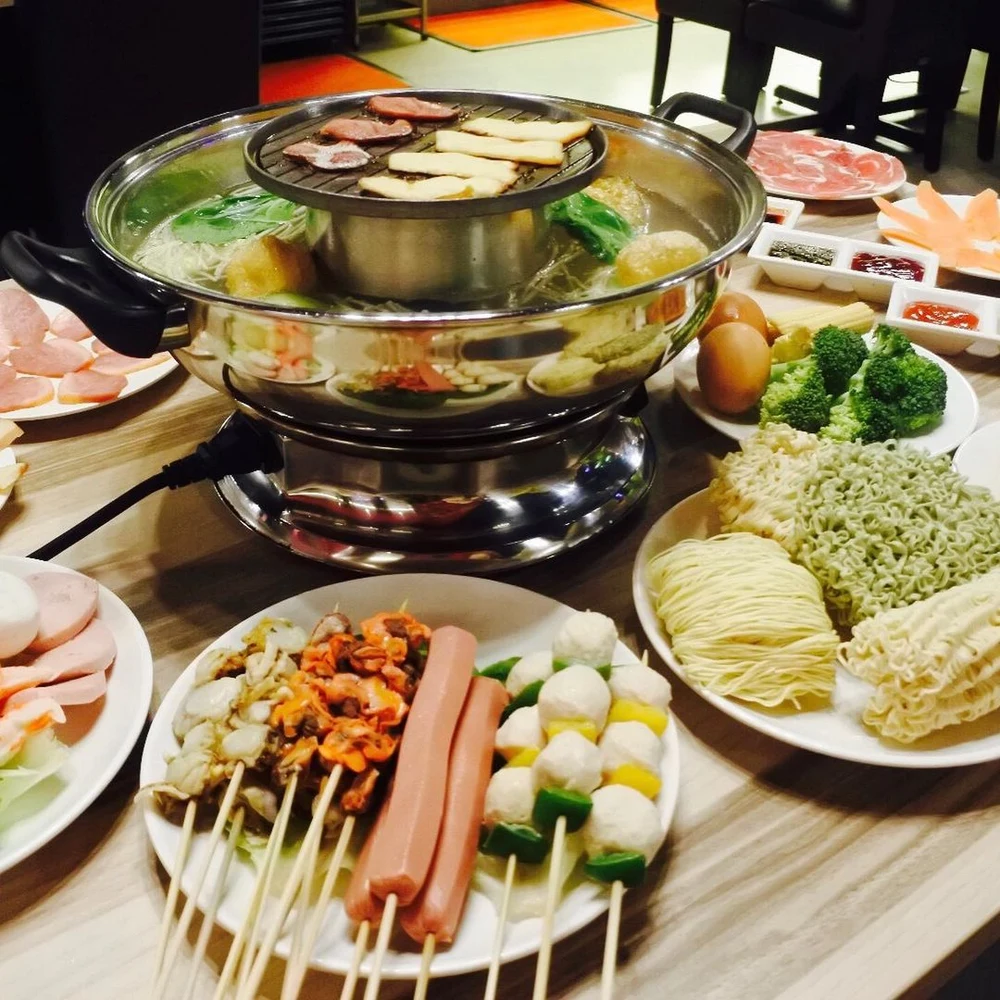Japan a nation renowned for its rich culture technological prowess and culinary artistry has traditionally been viewed as less accessible for Muslim travelers and residents seeking halal food. However in recent years a significant shift has been underway. Driven by a burgeoning Muslim population a surge in inbound Muslim tourism and a growing awareness among Japanese businesses the halal food market in Japan is rapidly expanding presenting both exciting opportunities and unique challenges.

The Rise of Halal Awareness in Japan
For decades the concept of halal – meaning permissible under Islamic law – was largely unfamiliar in Japan. The countrys culinary landscape heavily reliant on ingredients like pork and alcohol (mirin sake) presented a natural barrier for Muslim consumers. However with the increasing globalization and Japans push for tourism particularly ahead of events like the now-past Tokyo Olympics the need to cater to diverse dietary requirements became evident.
The Muslim population in Japan though still a minority (estimated around .% or individuals) is steadily growing. More significantly Japan has witnessed a substantial increase in Muslim tourists primarily from Southeast Asian countries like Indonesia and Malaysia as well as the Middle East. These visitors accustomed to readily available halal options in their home countries have driven the demand for Muslim-friendly services with halal food being a top priority.
This growing demand has spurred a remarkable transformation. Major cities like Tokyo Osaka and Kyoto now boast a growing number of halal-certified restaurants supermarkets and specialty stores. From traditional Japanese dishes adapted to halal standards (like halal ramen or tempura made with certified ingredients) to imported halal products the options for Muslim consumers are becoming more diverse. Online platforms and mobile applications are also emerging to help Muslims locate halal food easily scanning barcodes for ingredient verification and providing restaurant guides.
Navigating the Halal Food Market: Opportunities and Challenges
The expanding halal food market in Japan presents a lucrative opportunity for businesses both domestic and international. The global halal food market itself is a multi-trillion dollar industry and Japan is keen to tap into this economic potential.
Opportunities:
- Growing Muslim Population and Tourism: The increasing number of Muslim residents and tourists creates a substantial and consistent demand for halal food and services.
- Economic Diversification: For Japanese businesses facing a shrinking domestic market venturing into the halal sector offers a pathway to new revenue streams and internationalization.
- Halal as Quality: Beyond religious compliance halal certification is increasingly recognized as a symbol of food safety hygiene and ethical production appealing to a broader range of consumers including non-Muslims.
- Government Support: The Japanese government through organizations like JNTO (Japan National Tourism Organization) and JETRO has actively promoted halal tourism by providing travel guides educating businesses and easing visa requirements for Muslim-majority countries.
- Innovation in Food Products: Theres a growing space for developing innovative halal Japan products from snacks and ready-to-eat meals to traditional condiments that meet halal standards without compromising on authentic Japanese flavors.
Challenges:

Despite the positive trajectory the halal food market in Japan faces several hurdles:
- Lack of Centralized Halal Authority and Varying Standards: One of the most significant challenges is the absence of a single unified halal certification body in Japan. There are numerous Halal Certification Bodies (HCBs) ach with different standards and procedures leading to confusion for businesses and consumers alike. This fragmentation can undermine consumer trust and increase the complexity and cost of certification.
- Misconceptions about Halal: A prevailing misconception among some Japanese businesses and the general public is that halal food is exclusively for Muslims and that non-Muslims cannot consume it. This limits the markets reach and the willingness of businesses to invest in halal certification.
- High Cost and Complexity of Certification: The process of acquiring and maintaining halal certification can be expensive and time-consuming particularly for small and medium-sized enterprises (SMEs). This deters many businesses from pursuing certification.
- Supply Chain Issues: Sourcing halal-certified ingredients and maintaining dedicated halal production lines can be challenging due to the limited availability of such ingredients and the need to prevent cross-contamination with non-halal items.
- Cultural Nuances and Adaptability: Foreign halal producers may struggle to adapt their products to Japanese tastes packaging requirements and strict delivery schedules. Similarly Japanese businesses need to understand the nuances of Islamic dietary laws beyond just avoiding pork and alcohol.
- Limited Availability in Rural Areas: While major cities offer more halal options finding halal food in rural or remote prefectures remains difficult posing a challenge for Muslim residents and tourists venturing outside urban centers.
The Way Forward: Building a Sustainable Halal Ecosystem
To fully realize the potential of the halal food market in Japan a concerted effort from all stakeholders is crucial:
- Standardization and Harmonization: The establishment of a unified and internationally recognized halal standard in Japan would significantly boost trust streamline the certification process and encourage more businesses to participate. Collaboration among existing HCBs or the creation of a national body could facilitate this.
- Education and Awareness: Public awareness campaigns are vital to dispel misconceptions about halal food and to highlight its benefits beyond religious observance such as quality and hygiene. Educating Japanese businesses about the global halal market and the specific requirements of Islamic dietary laws is equally important.
- Government Support and Incentives: Continued government initiatives to promote halal tourism provide financial incentives for halal certification and support the development of halal supply chains can accelerate growth.
- Technological Advancements: Leveraging technology such as AI for certification processes and online platforms for connecting suppliers and consumers can enhance efficiency and accessibility within the halal ecosystem.
- Collaboration and Partnerships: Fostering collaboration between Japanese businesses and Muslim communities as well as international halal organizations can facilitate knowledge transfer address cultural differences and create robust supply networks.
- Focus on Local Production: Encouraging and supporting local Japanese producers to adopt halal practices can ensure a more stable and diverse supply of halal ingredients and products reducing reliance on imports.



